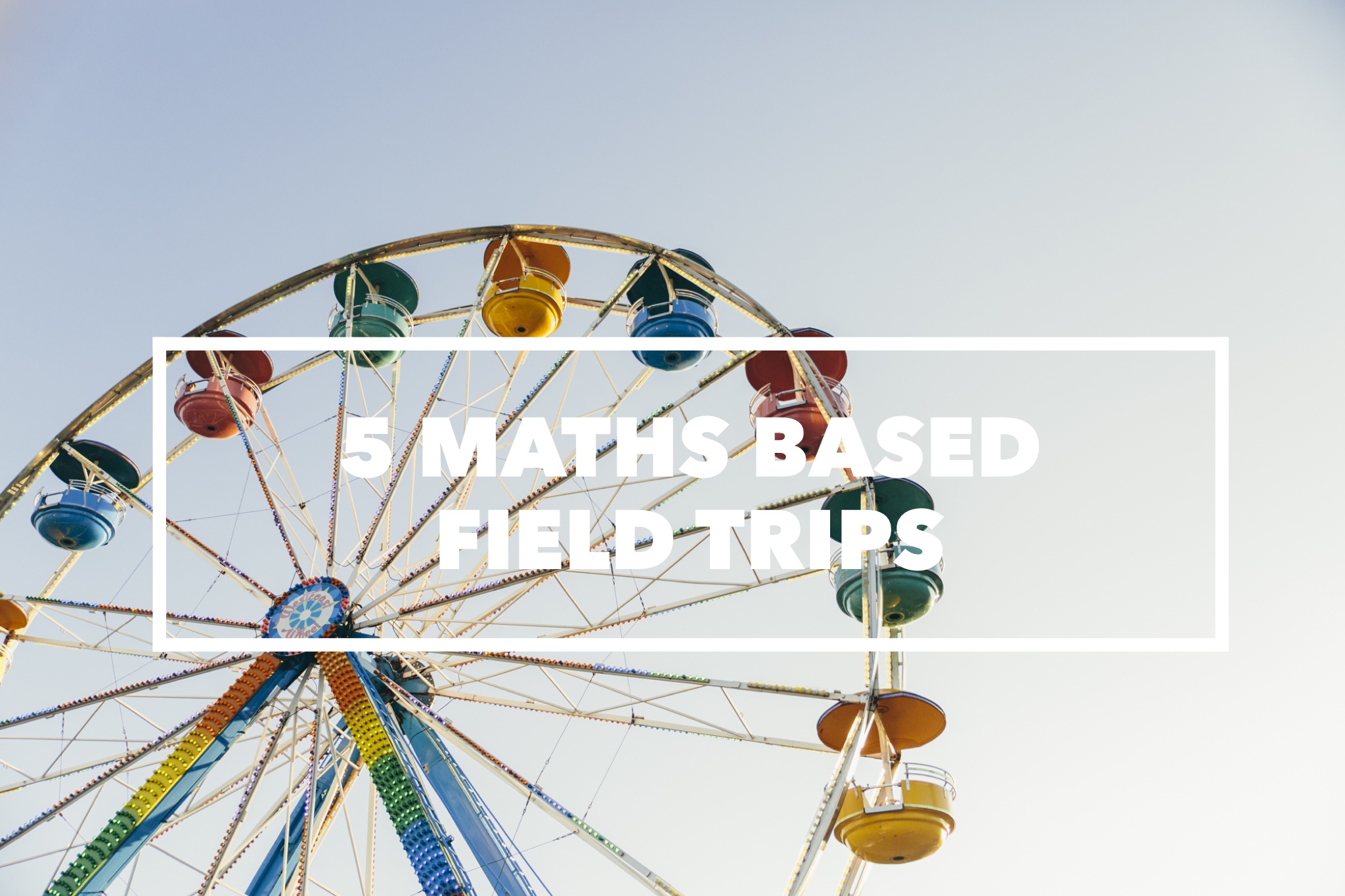When it comes to planning school trips, mathematics isn’t the first subject that jumps to mind. However, with a little creativity and some advanced prep and planning, creatively combining mathematics with your field trips can make for a memorable experience for your students.
In some of these examples, it’s worth creating hand-outs and worksheets that students can take with them to fill in with the observations and answers they glean while on the school trip.
1. A Trip To The Farm
If framed correctly, a trip to a farm can be a great way to mix fun, furry animals and number crunching. Tasking your students to calculate the farm’s yield puts both their math and creativity skills to the test. Have the students come up with estimates while on the way to the farm, and while there, enlist staff to answer questions regarding the area of plots on the farm, as well as estimates of how productive different livestock and crops can be.
This is a great way to explore percentages, estimates and arithmetic. Encouraging the students to ask questions, work towards reaching an estimate (while showing their logic) and counting sheep, will make for well flexed minds and a restful journey back to school.
2. Factory Tour
Organising a tour of a factory can be a great way to teach pupils about design, manufacture and industrial methods. Giving students the chance to see the vital importance of mathematical precision in an industrial setting can show them how mathematics is important and impacts our lives on a daily basis.
Having the students ask questions regarding the design process can be a great way to engage them and have them think about how mathematics is involved in crafting the perfect final roduct.
3. A Cubism Exhibition (e.g. at The Tate Modern)
This is a fun, different way of combining mathematics with art, in ways that students may not have thought to connect before. The links between mathematics and the cubism movement are explicit, but a trip like this could help students think about mathematics in a more holistic way – how it fits into culture, philosophy, and the way we perceive the world.
4. Take Them GeoCaching
Getting your students involved in GeoCaching is an incredibly powerful way to engage them with a number of topics, from bearings to three dimensional space and spatial concepts. GeoCaching is essentially location-based treasure hunting, carried out using an online community and a GPS.
Pupils can enjoy the adventurous aspects, and will incorporate mathematics into the problems they solve to find the hidden ‘treasures.’ With a bit of research and additional organisation, you can create your own caches in advance for your class, or simply explore the online community’s GeoCaches in your local area.
5. Theme Parks
Beyond thrill-seeking and endless queuing, a trip to a theme park can engage students in topics from geometry to algebra and physics besides. If the information isn’t available on hand, have students time rides while they’re waiting in line and estimate the lengths of the track. Pupils can estimate speed, acceleration, average ride times, and average ride speeds, as well as calculating inclines and G force on certain rides.
This can be taken a step further, with pupils calculating statistics for all the rides at the park – calculating figures such as ratio of queue length and time to average speed of the ride, as well as ratios between queue wait time to the number of loops or inclines. There are plenty of mathematical problems to be solved and questions to be investigate at a theme park while they’re waiting in line.
While at first a field trip rooted in mathematics can seem difficult to pull off, with a little lateral thinking, mathematics can be incorporated in most trips – from a walking tour of buildings (for design, architecture, areas and estimations) to a trip to the supermarket (for percentages, budgeting, arithmetic, finance.)
A great way to wrap up a topic or get students thinking ahead to upcoming subjects, any of these ideas will engage your pupils creatively, and help make lasting experiences that they can revisit and interrogate as you work through the material.




Got Something to Say?